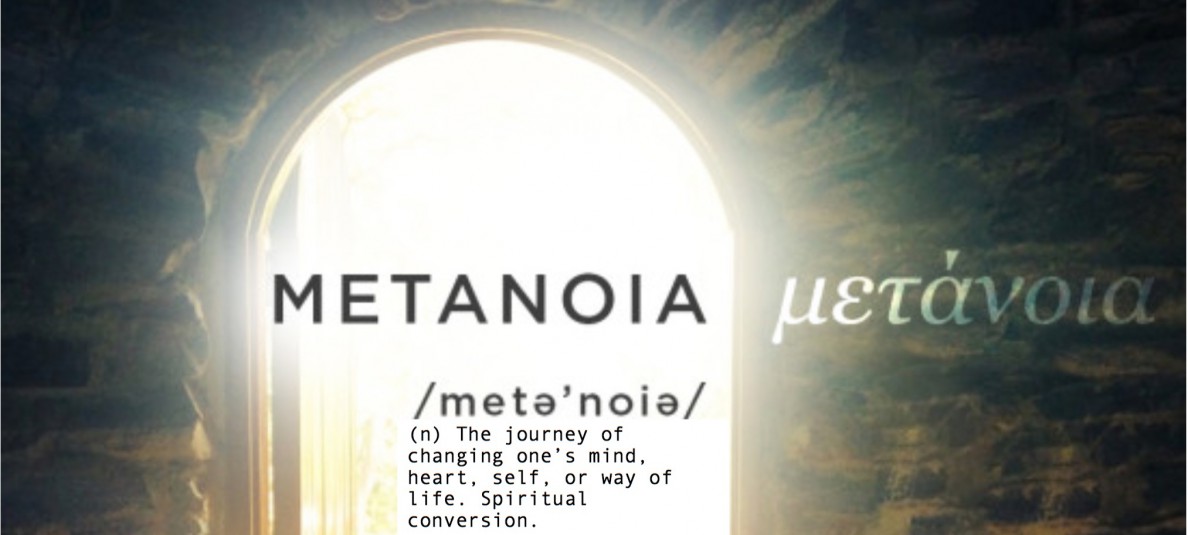Proper 20(C): No god but God
By: Casey Cross
What a confusing parable. Really, it is definitely up there in the top five of weird parables Jesus tells. I am sure that much of what makes this parable seem so strange to me has to do with where I, a middle-class, English-speaking white woman, am reading it from, the 21st century United States. I honestly don’t think I could have more things working against my ability to relate to and comprehend this particular message from Jesus. I mean, those are serious stumbling blocks on the road to understanding. I could just throw up my hands and leave it there. Most would probably be okay with that. But then there’s that last paragraph—the paragraph where Jesus says something that sounds like a definitive instruction to his disciples. And it is actually kind of, I mean totally, clear. We are all *gulp* slaves. We cannot serve two masters. I think there is an impulse within us that immediately wants to argue with those two statements, even though they are the clearest in the whole passage. I can hear it now. “Slave is just a figure of speech.” And, “I’m not serving two masters, I’m multi-tasking.”
Do you feel silly yet?
Ultimately, Jesus’ summary of the parable is an indictment of his listeners, a harkening back to the Shema Yisrael, “Hear O Israel: The Lord our God, The Lord is One.” We have one God. We serve the One God. There are no other gods but our One God. This is a truth that extends not just into our individual beliefs and personal life, but to the life we share in community. When we forget, ignore, or put something/someone else in place of our One God, the community is affected. When something or someone else takes the place of God, our life together shifts and changes in posture, practice, and accountability to one another.
Applying this truth to a life of faith in our world today is not simply a matter of “putting God back in our schools” or printing “In God we trust” on our money. Speaking of money, Jesus clearly refers not only to money, but to wealth, saying, “You cannot serve God and wealth.” This phrase is stated immediately after referencing a slave’s inability to be loyal to two masters. With these statements, we cannot deny that Jesus fully understands the power of wealth and our susceptibility to become slaves to it. What happens when a community shifts from serving the One God, our Creator, and instead serves wealth? What does the administration focus on? What policies and laws take shape?
When we say we believe in God, we harken back to the words of the Shema, that we are a people of the One True God. This powerful, counter-cultural commitment simply does not make sense to most people today. So maybe this strange-mess-of-a-parable has nothing to do with context and everything to do with the fact God’s wisdom is foolishness to us.* We have bought the message that wealth, belongings, prestige, and beauty deserve our worship. We have bought the message that it is our wealth, power, and rhetoric that make our community strong. Rather than putting our faith in a God of covenant and promise, we put our faith in wealth—the accounting of ever-changing green, black, and red flickering numbers. The more we buy into that message, the more God’s wisdom is convoluted and foolish to us.
This is why we need to be reminded again and again who we are and whose we are. When we serve God, we not only love the Lord our God with all of our heart, soul, and strength, but we also live out a love for our neighbor and ourselves that transcends social status, abilities, differences, and all other categories we use to divide ourselves from one another. We live as individuals within a community that recognizes the divinity in one another. We live in celebration and support of each sacred life, rather than in competition with someone who might take what we think is due to us. We participate in dialogue for the purpose of understanding and compromise, rather than power and division. We call for laws that benefit the whole community rather than a select few. Above all, we serve no god but God, centering our lives through prayer and service to God’s will rather than our own, freed and empowered by the knowledge that we can do all things through Christ who gives us strength.
* See 1 Corinthians

Casey Cross is the Young Disciples Director at Hope Lutheran Church in Eagle, Idaho. She loves her husband, dog, and being an aunt. You can find more of her writings and random reflections at caseykcross.wordpress.com.

Any chance you could elaborate then, by looping back around to the dishonest steward, how the Shema, can’t serve two masters applies to the parable? Jesus seems to praise the approach of a dishonest person who uses wealth first by stealing from employer and then doubling down and manipulates others (debtors write off significant debt but initially it’s further ripping off the same guy at the top of this food chain).
LikeLike